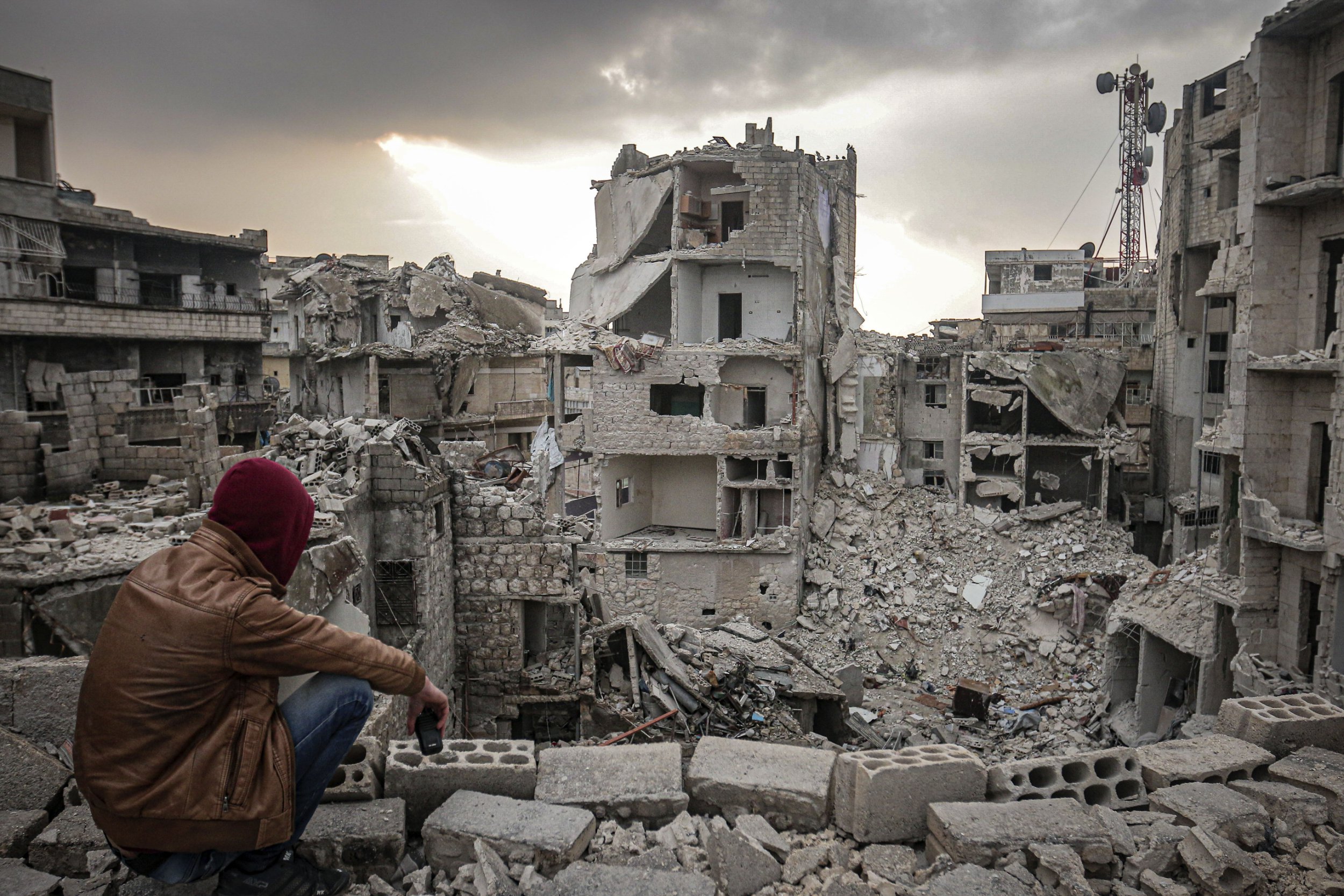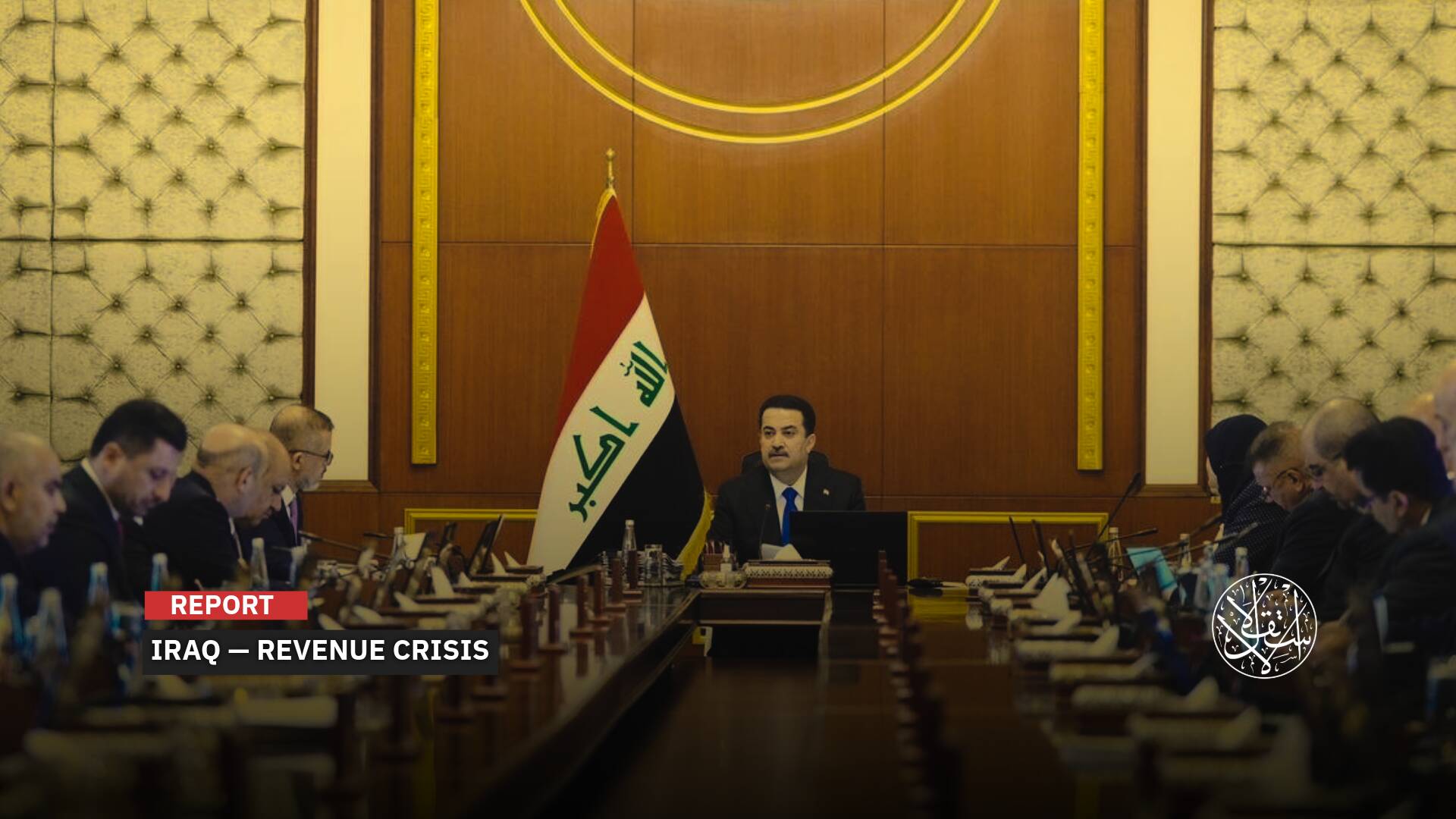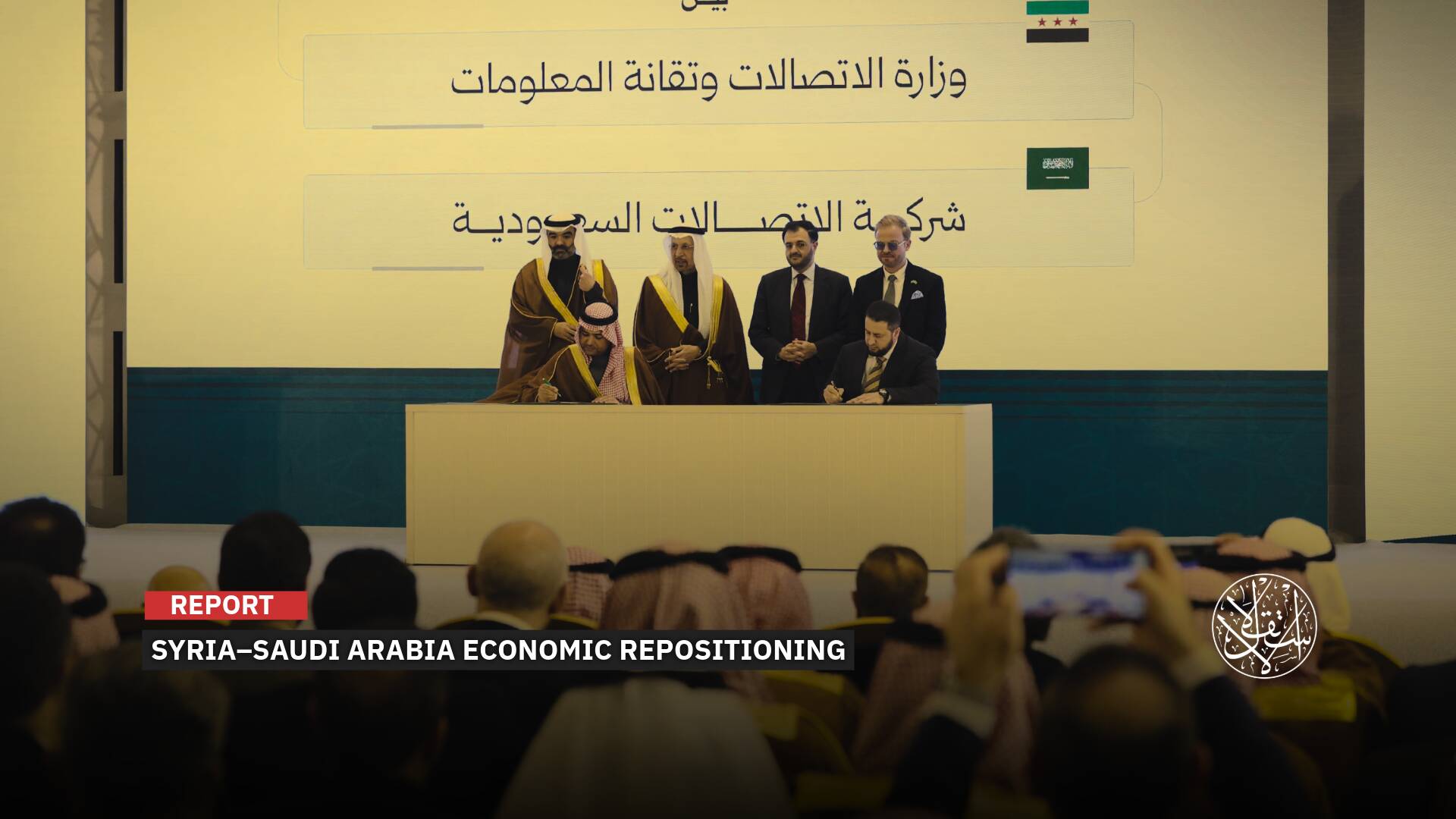After Discussing the Proposal in Congress: Will America Start an International Trial of Assad?

A group of Syrian–American organizations is urging the United States to support the creation of a special international court to prosecute the Syrian regime for war crimes and crimes against humanity.
The American Coalition for Syria, which represents nine organizations, has drafted a resolution that calls on President Biden to direct the U.S. ambassador to the United Nations to push for the immediate establishment of an international mechanism to hold accountable those responsible for war crimes, crimes against humanity and human rights violations in Syria.
The draft resolution, which was discussed by the House of Representatives on June 20, also aims to overcome the veto power of Russia, a key ally of the Syrian regime, that has blocked previous attempts to achieve justice for millions of victims.
The coalition said in a statement that it has the support of several members of Congress and that it hopes to garner more bipartisan backing for its initiative.
Numerous Evidence
The statement cited the abundance of evidence that shows the involvement of the Syrian regime led by Bashar al-Assad in violating numerous international agreements and conventions signed by Syria, such as the Geneva Convention, since 2011.
It also noted that similar special courts have been successful in prosecuting perpetrators of atrocities in cases such as Yugoslavia, Rwanda, and Sierra Leone.
The draft resolution asks the United States to officially declare its call for such a court and to help develop judicial procedural rules that enable public and fair trials for those accused of committing these crimes.
It also urges Washington to cooperate with the court and provide it with support and information, and calls on all other countries concerned to arrest those accused.
The coalition said in a letter that accompanied the draft resolution that “some regional powers have recently sought to ignore the ‘brutal crimes’ committed by Bashar al-Assad’s regime leader, and to normalize relations with him and welcome him again as if nothing had happened.”
The coalition added that holding Assad and his aides accountable for their crimes is necessary to ensure that these crimes are not repeated.
The coalition was founded in October 2021 by efforts of the Syrian community in the United States.
It has since held meetings, discussions, and advocacy campaigns to bring back the Syrian issue to Biden’s agenda and to unify messages between different organizations.
Mohamed Alaa Ghanem, head of political planning at the Syrian American Council and the American Coalition for Syria, said in media statements that “the coalition is only two years old as a bloc, but some of its organizations are old even before the outbreak of the revolution.”
He said that “the idea of the coalition and its efforts started to unite Syrians and raise them from individual work to collective work. Perhaps what we see today from our ability to reach American decision-makers is a result of our work and cohesion.”

Anti-Normalization
The bill, called the “Anti-Normalization with Assad’s Regime Act” for 2023, was unanimously approved by the Foreign Relations Committee in Congress after only two days of discussion.
It passed with overwhelming majority support from the members of Congress, with only one dissenting vote based on procedural grounds.
The bill is considered one of the strongest legislations related to Syria since the Caesar Act was passed in 2019. It can impose sanctions on those who deal with the regime and its supporters.
It also prevents the U.S. government from recognizing any government led by Assad or normalizing relations with his regime.
Bassam Ghanem, a Syrian–American activist and a member of the American Coalition for Syria, said in media statements that the bill was a response to a wave of normalization attempts by some countries and organizations with Assad’s regime.
He said that he and other activists had warned of this wave in previous periods and started working on the bill.
Ghanem added that the bill and another draft law to establish an international court for Syria were the spearhead in the face of normalization. He said that they would thwart all the plans of the regime and its allies to rehabilitate it.
For his part, Muhammad Sabra, a Syrian lawyer and a former chief negotiator in the opposition delegation, said that the bill was an important political project if it got the approval of both the House of Representatives and the Senate and was not vetoed by the U.S. president.
He said that it would oblige the U.S. administration, regardless of its orientation, to frame its relationship with Assad’s regime from the perspective of considering him a war criminal who must be pursued.
Sabra explained that the General Assembly could establish a special international court for Syria based on Resolution 377 D of 1950 (Union for Peace), which allows it to act on behalf of the Security Council when it is unable to exercise its jurisdiction due to a veto by one of its permanent members.
He said that crimes against humanity were a threat to international peace and security and that everything that falls within this framework falls within the competence of the General Assembly when referred to it in an extraordinary session.
Sanctions
The Syrian regime may face new legal and diplomatic challenges over its use of chemical weapons and its attempts to normalize relations with neighboring countries, according to recent developments.
On the one hand, two paragraphs of Resolution 2118, which was issued unanimously by the Security Council in 2013, held the regime accountable for its crimes using chemical weapons. The resolution also threatened measures under Chapter VII of the U.N. Charter if it was violated.
On the other hand, a statement issued by the 20th round of the Astana talks on Syria, which involved Russia, Turkiye, Iran, and the regime, affirmed Syria’s sovereignty and independence and the need for a political solution based on Resolution 2254.
The statement also mentioned a roadmap for restoring relations between Turkiye and Syria, which was prepared by the deputy foreign ministers of the four countries.
The Syrian groups’ move was based on the findings of the joint investigation mechanism between the Security Council and the Organization for the Prohibition of Chemical Weapons, which confirmed that chemical weapons were used after Resolution 2118 entered into force.
The opposition called for transferring the Syrian situation to the General Assembly to take measures that maintain international peace and security, as the Security Council was blocked by Russia’s repeated vetoes.
This step contributed to obstructing the normalization tracks with the regime, which were confirmed by the Astana statement, preventing the restoration of legitimacy for the regime, which was under sanctions and more restrictive laws.
However, Turkiye seemed to pursue its own path towards rapprochement with the regime, especially after appointing a new foreign minister who had initiated those shifts when he headed intelligence work.
The regime, meanwhile, may continue to resist this path because it did not want to accept refugees or link their return to reconstruction funds, which Turkiye did not have alone.
The U.S. wanted to send messages to various regional actors, including Turkiye, that political investment with the regime was not profitable, as it was under sanctions and lacked legitimacy.











